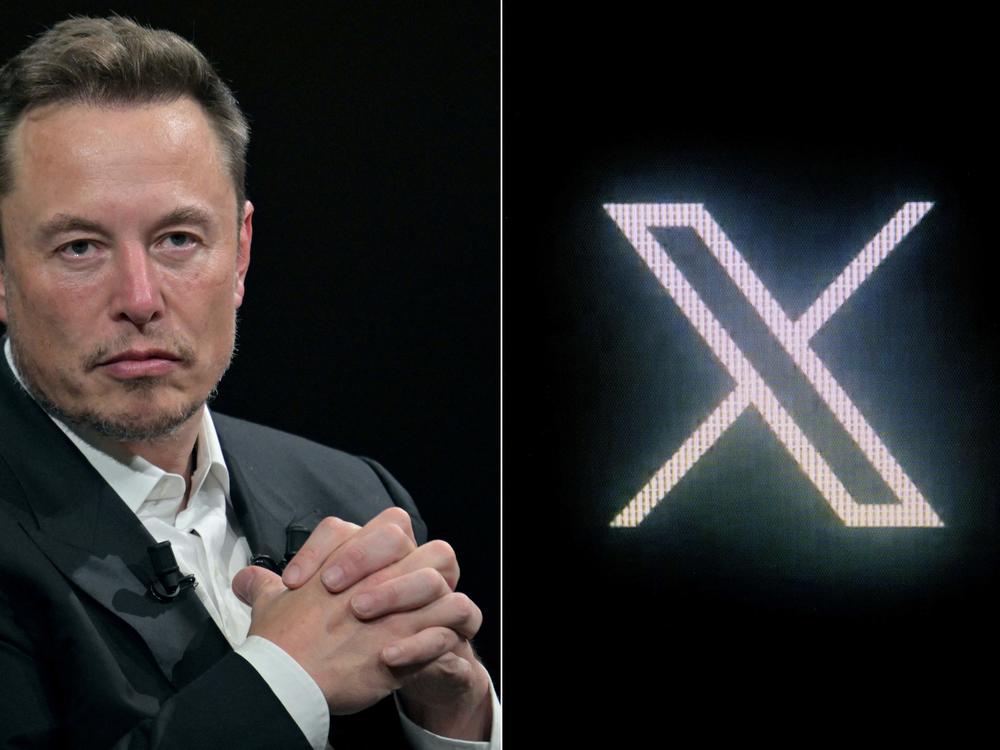Section Branding
Header Content
EU takes Elon Musk's X to court over blue checks and ads
Primary Content
The European Union brought its first charges under a new social media law on Friday, accusing Elon Musk’s X of violating the regulation by deceiving users and not living up to transparency requirements.
European regulators say when Musk relaunched the blue check “verification” system after he purchased Twitter in late 2022, he allowed anyone to pay for the once-coveted badge. That led to the platform becoming flooded with spoof accounts, impersonators and a glut of misleading information.
“It negatively affects users' ability to make free and informed decisions about the authenticity of the accounts and the content they interact with,” the commission wrote in its findings. “There is evidence of motivated malicious actors abusing the ‘verified account’ to deceive users.”
In the U.S., the havoc and confusion that followed Musk’s blue check changes prompted criticism from misinformation researchers.
In the European Union, authorities say the new blue check system violates the law. In particular a regulation known as the Digital Services Act, or the DSA, which forces large social media companies to aggressively police harmful content, or face financial penalties.
Beyond blue checks, European authorities dinged Musk for other violations.
Under the new law, X must publish a database of all the digital advertisements it runs, with details about who bankrolled the ads and what audience the ads are targeting.
But EU investigators said X’s ad database is not “searchable and reliable,” making it difficult for researchers to study “emerging risks,” like ads that carry harmful messages or target vulnerable groups.
Musk will have the chance to defend X against the charges and suggest measures to address the EU’s concerns. But if Musk refuses to remedy the issues, X could face a fine of up to 6% of the company’s annual worldwide revenue, a figure that can easily reach into the tens of millions of dollars.
On X, Musk wrote “if we quietly censored speech without telling anyone, they would not fine us. The other platforms accepted that deal. X did not,” Musk said, vowing to fight the case.
The charges against X follow a months-long investigation into the company. Nearly two years ago, a top European Commission official told NPR that serious fines would haunt Musk if he ignored the bloc's new digital services regulations.
Another probe underway by European authorities is examining whether X has done enough to combat disinformation and illegal hate speech. That investigation is still ongoing, European officials said on Friday.
Other major social media platforms are being investigated for possible violations of the DSA, including TikTok and Facebook and Instagram owner Meta. But neither company has yet to be formally charged by the EU.

